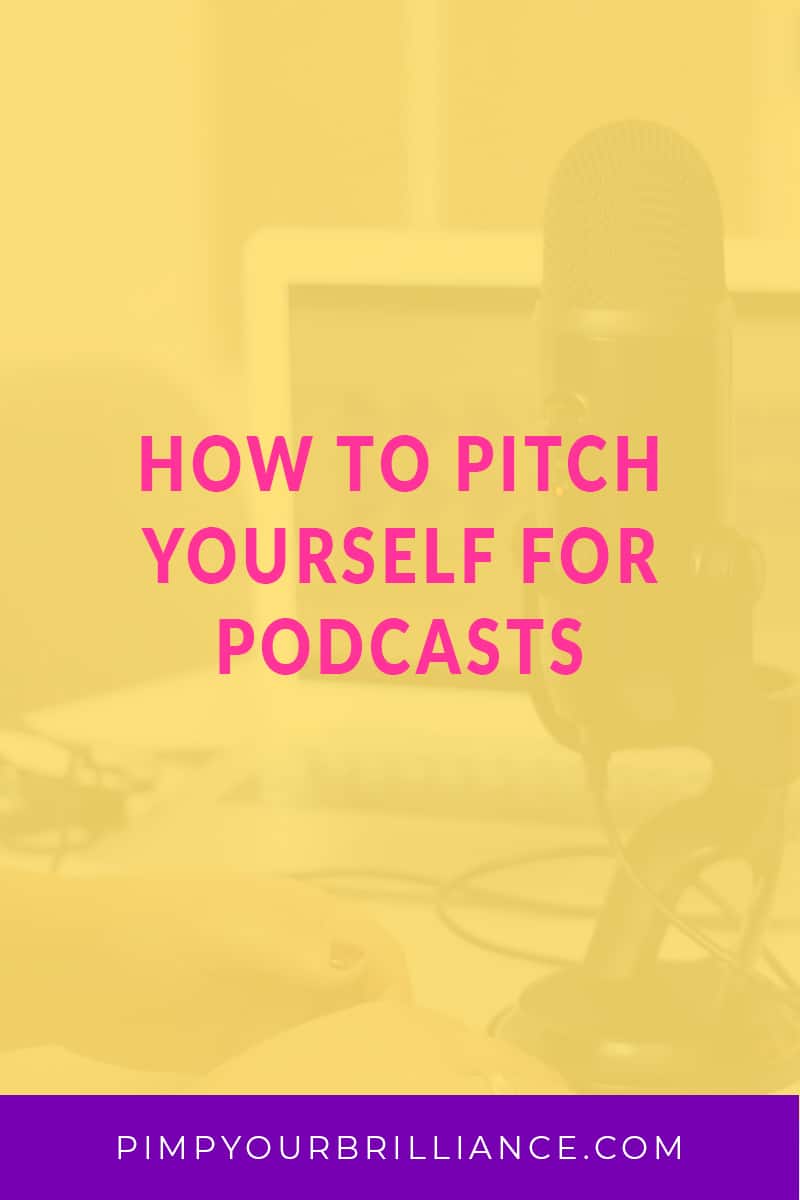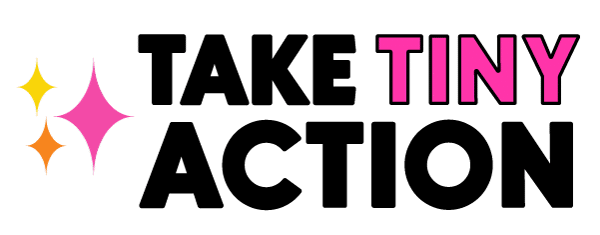
Today I’m talking about how to pitch yourself for podcasts. I’ve been wanting to do this episode for months. I’m coming from the perspective of someone who both runs a show and is actively pitching themselves to be featured on other people’s podcasts.
Podcasts are growing. The industry is booming right now. There is an increased interest in audio and podcast content. All of the major players are getting into it. Google is indexing podcasts in search results. Spotify has acquired anchor and is making a push to be the biggest player in the game.
So right now is a really great time to be a podcaster. If you don’t want to go down the road of launching a show yourself, you can position yourself as a guest expert. In this episode, I’m breaking down exactly what you need to include in your pitch, how to be a good guest, best practices and how to find podcasts that you’d be a good fit for.
So let’s start at the top.
What do you need to start pitching yourself for podcasts?
There’s not a whole lot that you need to have in place. You don’t even have to be that experienced. But here’s what I recommend:
Have a way to track and organize your podcast outreach. This can be something as simple as a spreadsheet or more complicated like an Airtable database. I use Airtable but I started out with a spreadsheet. The reason I use Airtable is that it gives you additional field options like drop-down selections. Whatever you choose to use, you want to track the name of the show host, podcast name, email or preferred contact method, when you sent your pitch and if you followed up.
A story, strong belief or a point of view AKA Your Expert topic. The whole point of being a guest on a podcast is so that you can tell your story or share your point of view. You are the guest expert. Wow us with your expertise. Don’t just pitch people and think that they’re going to feature you on their show because you want to promote your new course. Have a good story or something that you really believe strongly in, that you’re going to speak passionately about.
A pitch email. You want to have a base template email that you can send that has important details about you, your brand, and expert topics.
A free offer (optional). One of the goals of pitching yourself for podcasts is to get in front of a new audience. You have to do a little bit more incentivizing to get people to move from listening to the show over to your website. So having some type of free offer that’s related to what you’re talking about is a really good step forward. But again, that’s optional. If you don’t have that right now, don’t let that stop you from pitching but keep that in mind as something that you want to have in the future.
Psst! Here’s a link to my pitch tracker in Airtable.
What goes into a pitch email?
Here are the things that you should include in your pitch email: you should tell the host who you are, what you do, why you do it/ why they should care, how you will bring value to their show, the expert topics that you can speak on, and optionally, links to previous interviews.
What makes a good pitch?
This is my personal opinion. Every host is different.
- Address me by name in your greeting.
- Make it clear that you researched my show. At a minimum, you should know what my show is about.
- A concise pitch that gives me all of the details that I need to make a decision without needing to research further.
- Links to your website and social media so that I can learn more about you.
- Be human. Write as if you’re talking to a person and not just a PR opportunity.
How to be a good guest?
Here are a few pointers that I have found, make the difference between a good guest and one that isn’t.
Know how to deliver your origin story in an interesting and concise manner. This is super duper clutch. Almost every show host is going to ask, “How did you get started”? Know ahead of time what makes your origin story interesting and then tell it as briefly as possible. Think about the high points of that story. What are the most important parts? What’s going to bring the listeners in and make them more excited to hear the rest of what you have to say? Stick to that.
Keeping your answers focused. Sometimes I ask a question and the guest will go around and around in a circle. Maybe they answered the question or maybe they didn’t, but they still talked for 15 minutes about it. Keep your answers on the shorter side and keep them focused.
Engage with the host. Interviews can feel very one-sided so figure out ways to engage with the host. Pose some questions to them and ask for their insights on a topic you feel strongly about.
Aim to be genuinely helpful to the audience. It always comes across in your interview, when you are really enthusiastic about sharing and giving as much as you can.
Have a few interesting stories that emphasize your message. After you’ve done a few interviews, you’ll realize that you are sharing the same stories and saying the same phrases over and over again. Make sure that you nail down a few interesting experiences and stories that help emphasize your message and really draw in the listener. What are the interesting parts of your story? What are the most pivotal moments or decisions that you had to make on your journey? Start documenting them.
Relax. Remember that this is just a conversation. When you are nervous, you sound stiff. And in my experience, nervous guests tend to ramble on which makes for a less interesting show. So just try to relax. These are your lived experiences. Feel confident about that, own that, and just relax into the interview.
So there we have it. This is how you pitch yourself to be on a podcast. I really hope this was useful.
Tell me, have you been pitching yourself to be on podcasts? Now that you’ve listened to this show, are you going to send out a pitch? Let me know in the comments.

Love this! Thank you so much for your tips….I’ll be rockin’ these!